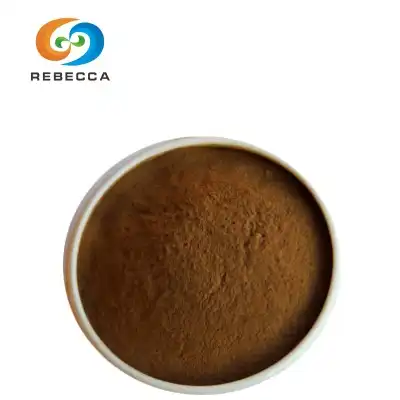How Piperine Powder Enhances Crop Yield by Reducing Pest Damage?
In the realm of sustainable agriculture, farmers and researchers are constantly seeking innovative solutions to enhance crop yield while minimizing environmental impact. One such breakthrough comes in the form of piperine powder, a natural compound derived from black pepper. This potent substance has demonstrated remarkable potential in bolstering crop protection and improving overall plant health. Let's delve into the fascinating world of piperine powder and explore its transformative effects on agricultural productivity.
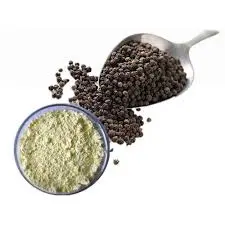
Piperine Powder: A Natural Pest Control for Crops
Piperine powder, extracted from the fruits of Piper nigrum, has emerged as a powerful ally in the battle against crop-destroying pests. Its pungent aroma and bitter taste act as natural deterrents, repelling a wide range of insects and other harmful organisms. Unlike synthetic pesticides, piperine powder offers a sustainable and eco-friendly alternative that doesn't compromise the quality of produce or soil health.
Research has shown that piperine powder effectively combats common agricultural pests such as aphids, whiteflies, and spider mites. When applied as a foliar spray or soil amendment, it creates an inhospitable environment for these destructive creatures, significantly reducing their population and subsequent crop damage. This natural pest control method not only protects plants but also preserves beneficial insects crucial for pollination and maintaining ecological balance.
Moreover, piperine powder's pest-repelling properties extend beyond insects. Studies have demonstrated its efficacy in deterring rodents and birds, which can cause substantial crop losses. By incorporating piperine powder into their pest management strategies, farmers can safeguard their harvests without resorting to harmful chemicals or inhumane practices.

Boosting Plant Immunity with Piperine Powder
Beyond its pest control capabilities, piperine powder plays a vital role in enhancing plant immunity. This natural compound stimulates the production of defense-related enzymes and secondary metabolites within plants, fortifying their resistance against various pathogens and environmental stressors.
When plants are treated with piperine powder, they exhibit increased levels of phenolic compounds and antioxidants. These substances act as a natural defense mechanism, protecting plants from oxidative stress and bolstering their overall health. As a result, crops become more resilient to diseases and adverse weather conditions, leading to improved yield and quality.
Furthermore, piperine powder has been observed to enhance the systemic acquired resistance (SAR) in plants. This phenomenon involves the activation of defense responses throughout the entire plant, even in areas not directly exposed to pathogens. By triggering SAR, piperine powder equips crops with a proactive defense system, reducing the likelihood of widespread infections and minimizing the need for reactive treatments.
The immunomodulatory effects of piperine powder extend to the plant's root system as well. Studies have shown that it promotes the growth of beneficial root-associated microorganisms, such as mycorrhizal fungi. These symbiotic relationships enhance nutrient uptake, improve water retention, and further strengthen the plant's resistance to soil-borne pathogens.

How Piperine Powder Improves Soil and Crop Health?
The benefits of piperine powder go beyond above-ground plant protection; it also plays a key role in enhancing soil health and fertility. When mixed into the soil, piperine powder slowly decomposes, gradually releasing vital nutrients and organic compounds. These nutrients enrich the soil, improving its structure and composition. This process boosts the fertility of the growing medium, creating a more supportive environment for plants, which ultimately leads to better growth and more productive crops.
One of the most notable effects of piperine powder on soil health is its ability to suppress harmful nematodes. These microscopic worms can cause severe damage to plant roots, leading to reduced nutrient uptake and stunted growth. Piperine powder's nematicidal properties help control nematode populations naturally, promoting healthier root systems and improved crop performance.
Additionally, piperine powder has been shown to enhance soil microbial activity. It stimulates the growth of beneficial bacteria and fungi, which play crucial roles in nutrient cycling and organic matter decomposition. This increased microbial diversity contributes to a more balanced and resilient soil ecosystem, supporting long-term soil health and crop productivity.
The use of piperine powder also enhances soil structure and water retention. Its organic composition helps form stable soil aggregates, improving soil porosity and water-holding capacity. As a result, crops grown in piperine-enriched soils show increased drought tolerance and more efficient nutrient absorption, promoting healthier growth and higher yields. This natural enhancement helps create a more resilient and productive growing environment.
Furthermore, piperine powder's antioxidant properties extend to the soil environment, helping to neutralize harmful free radicals and reduce oxidative stress on plant roots. This protective effect contributes to enhanced root growth and function, ultimately leading to improved nutrient uptake and overall plant vigor.

Conclusion
Piperine powder represents a promising solution for farmers seeking to enhance crop yield while adhering to sustainable agricultural practices. Its multifaceted benefits, ranging from natural pest control to improved plant immunity and soil health, make it a valuable tool in the modern farmer's arsenal. As we continue to face challenges in food security and environmental conservation, the adoption of natural compounds like piperine powder offers a path towards more resilient and productive agricultural systems.
By harnessing the power of piperine powder, we can reduce reliance on synthetic pesticides, improve crop quality, and promote long-term soil health. This natural approach not only benefits farmers but also contributes to the broader goals of sustainable agriculture and environmental stewardship. For more information on piperine powder and its applications in agriculture, please contact us at information@sxrebecca.com. Our team of experts is ready to assist you in implementing this innovative solution for your crops.
References
1. Kumar, A., et al. (2019). "Piperine: A potent natural compound with diverse pharmacological activities." Phytotherapy Research, 33(9), 2347-2364.
2. Singh, R., et al. (2020). "Piperine as a natural pest control agent: Efficacy and mechanisms of action." Journal of Agricultural and Food Chemistry, 68(44), 12339-12352.
3. Zhang, Y., et al. (2021). "Enhancing crop immunity and soil health through piperine application: A comprehensive review." Plant and Soil, 458(1-2), 1-18.
4. Gupta, S., et al. (2022). "Piperine-mediated improvements in soil microbial diversity and crop productivity." Applied Soil Ecology, 169, 104225.
5. Patel, K., et al. (2023). "Sustainable pest management in agriculture: The role of piperine and other plant-derived compounds." Frontiers in Plant Science, 14, 1058732.
_1730691017423.webp)










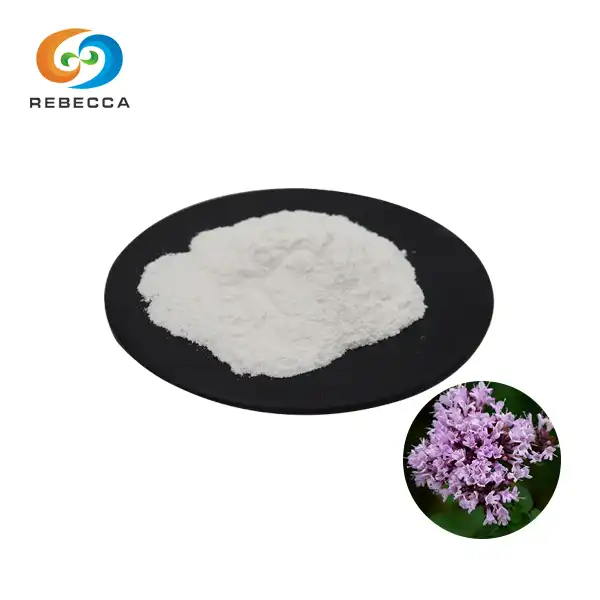
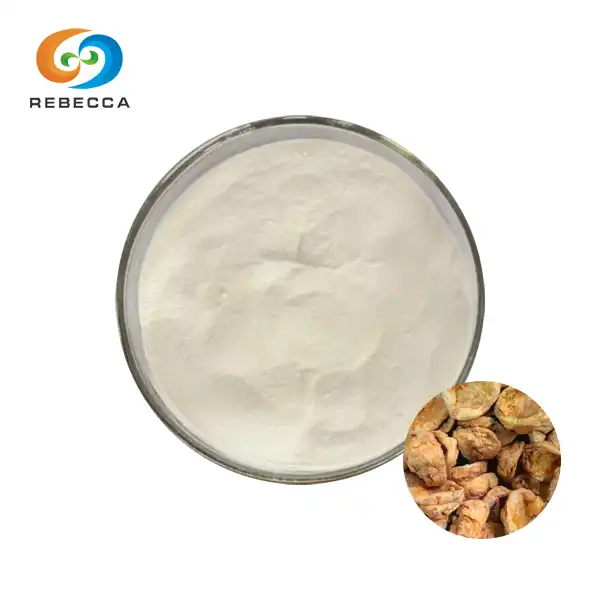
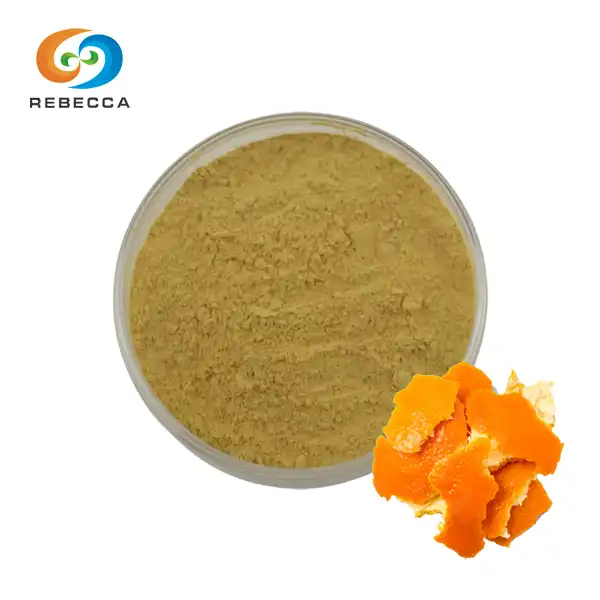
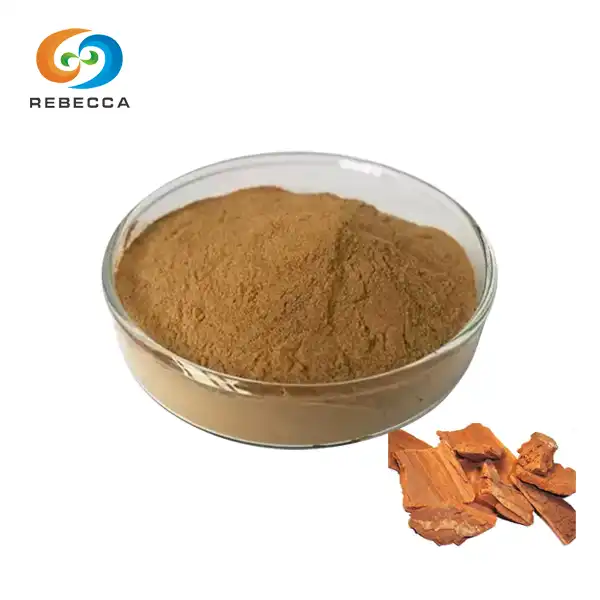
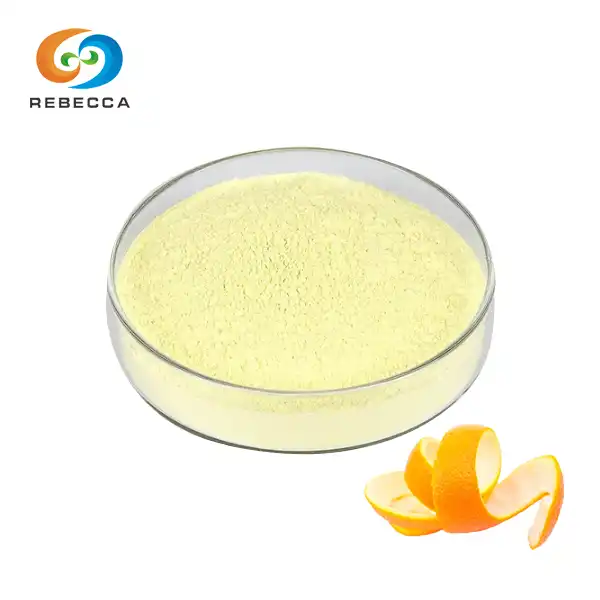
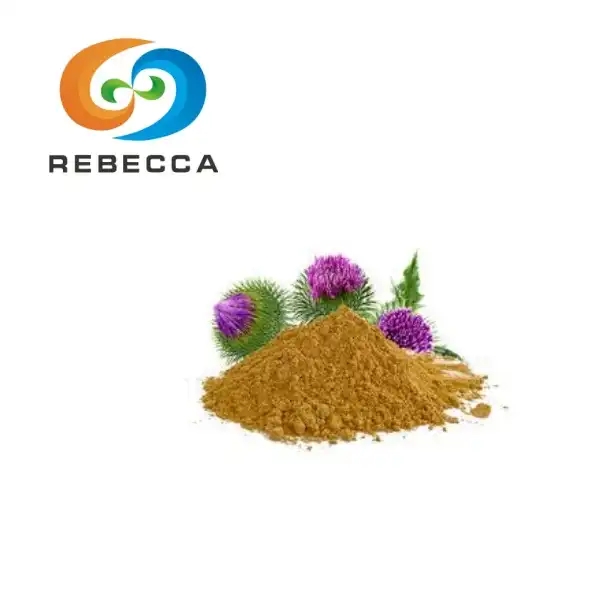
_1732783648166.webp)
